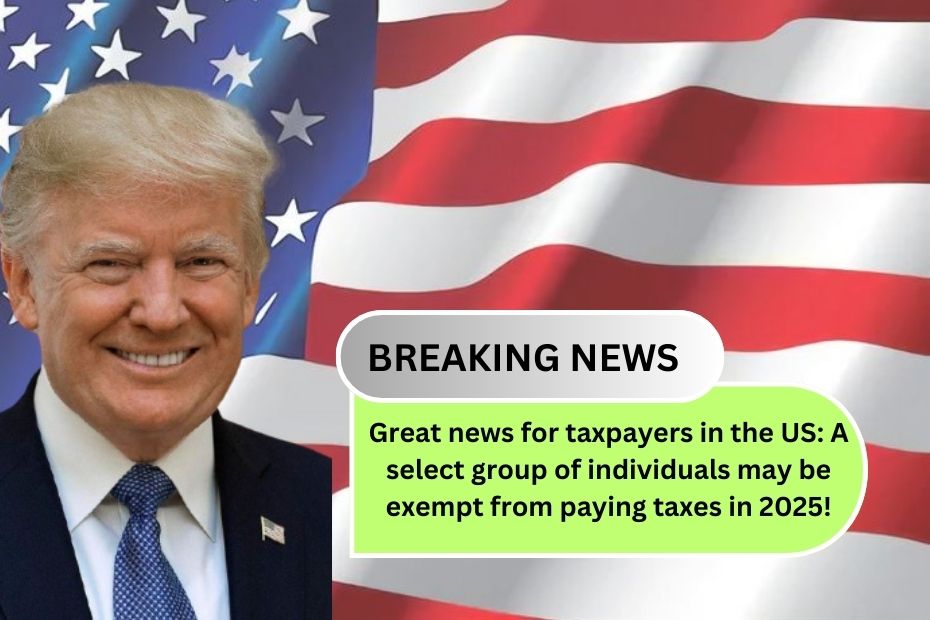5 Unbelievable Coins Worth Over $250,000 You Should Look For Now
Coin collecting is not just a fun hobby – it can also be a highly rewarding one! Some rare coins, due to their historical significance, unique errors, or extreme rarity, can fetch prices above $250,000 at auctions. These coins are sought after by collectors, and their value only increases as time goes on. If you’re … Read more










